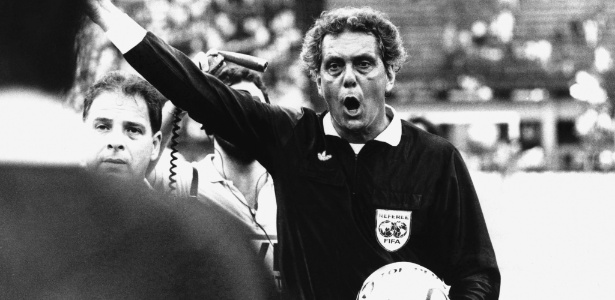The possibility of Flamengo and Atlético Mineiro playing in the Cup final liberators this year brought back a cry of 40 years, when the rubro-negros eliminated the Atleticans, in the group stage of the main competition on the continent, in a tumultuous extra game played at Serra Dourada, in Goiânia.
I was there. As a reporter for Globo, I traveled to the headquarters of the decisive match on the plane that also carried the two teams. And, already on board, the atmosphere was not the lightest. Yes, there were players who got along well, even because they were teammates, such as Zico, Júnior, Leandro and Tita, from Fla, and Reinaldo, Éder, Cerezo and Luisinho, from Galo. But the memory of recent duels in which “o pau sang” (notably in the two games that decided the 1980 Brazilian) made the air heavy. Each delegation on its side, without smiles or handshakes.
At the time of the game, sensing the possibility of an especially tense game and with good chances of being violent, I preferred to change the press stand for the pitch. Yes, back then it wasn’t difficult. A reporter’s credential was enough, even if it was for a newspaper, as was my case. To follow the red-black attack, I then posted myself behind the goal of João Leite, an athletic archer.
José Roberto Wright whistled and the ball rolled. And the faults began to follow one another from side to side. Chicao, the truculent midfielder of the Minas Gerais team, even hit his own shadow. Dribbling him without getting kicked was practically an impossible task. On the red-black side, Mozer also opened the “toolbox” early. And take a hit.
After handing out some yellow cards, Wright got tired, called the two captains and was very clear:
– The next one to hit the street!
As I said, I was behind the goal and I clearly heard the warning, given by the referee screaming. The game was restarted and shortly after, in the 32nd minute, Zico took off for the attack and was criminally brought down by Reinaldo (who had never shown himself to be a disloyal player), with scissors behind his ankle. Direct red, fair and indisputable – even for the warning given just minutes before.
From there, it became a zone. Éder gave the referee a “chambão” after marking another foul, he was also expelled and the revolt of the athletes became such that the end of the match, due to lack of the minimum number of Atlético players, became a matter of time. It seemed that everyone wanted to be expelled, given the certainty that, outnumbered, it would be impossible to defeat Flamengo.
Did Atlético Mineiro have a great team? No doubt. But Flamengo was better. Anyone who is not concerned with defending conspiracy theories, etc., should ask what these same teams have done since that crazy night in Serra Dourada.
Flamengo was champion of the Libertadores, of the World and of the two subsequent Brazilian championships: 1982 and 1983. What important did Atlético gain during this period? Nothing. Did all your games have been refereed by José Roberto Wright?
–


